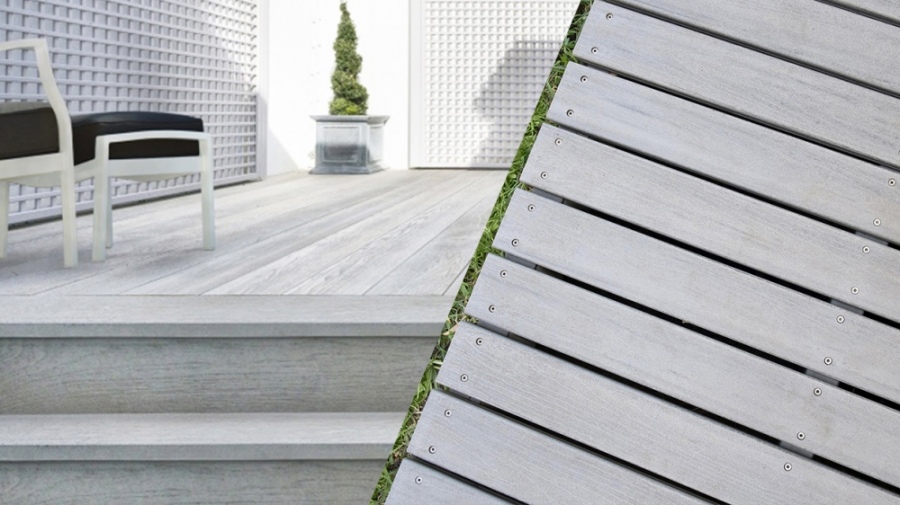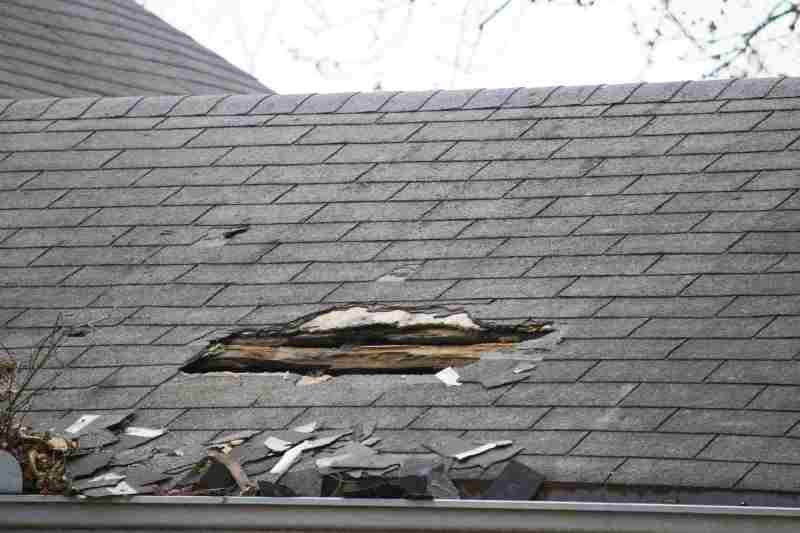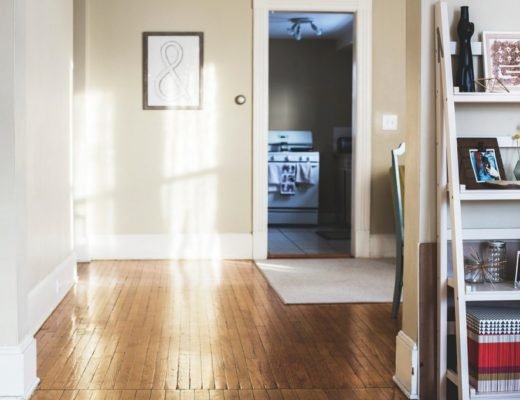If you’re thinking about installing composite decking in your garden or around your caravan. https://www.dinodecking.co.uk/ is the website you need to check out. You may be aware that there are many different types of decking and one alternative to composite decking is millboard. But how good is millboard compared to composite decking? That’s something we’re going to take a look at now:
A Realistic Finish
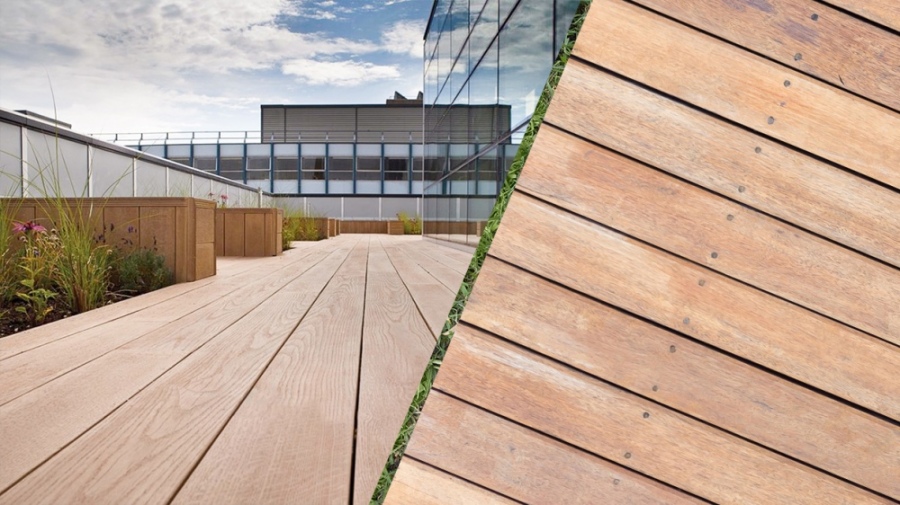
Millboard has a very realistic finish and it can look just like timber which is ideal if you love that wood-like finish. However, composite decking also comes with a wood-like finish and it’s available in many different colours too. If you would like a very wood-like finish you may want to make sure that the product you opt for does not rot as wood does.
While millboard is not made from wood there is always the risk that it could not look quite as realistic as you would hope. If you would like a more realistic finish you may want to consider using decking that contains recycled wood.
Contraction and Expansion
Composite decking does not contract or expand as many wooden decking products do. Wood naturally absorbs water which can lead to problems with the overall structure. Screws can work their way loose and holes can form along with rust around the screws. Composite decking does not come with screws and it’s this that helps to eliminate any screw-related issues.
Contraction and expansion occur when water hits the decking. While millboard is not made from wood there is always the risk that it could expand and contract if it becomes water-logged. There’s also a risk of millboard breaking if it is exposed to very low temperatures.
Fading
Composite decking is created to ensure that it does not fade. Millboard decking can fade even though it’s UV stable. While any product that is exposed to the elements is likely to fade over a period of years composite decking does not fade very much. If you’re worried that your decking may fade you may want to think about purchasing decking in a darker colour.
If you think your decking (Regardless of what it’s made from) will be exposed to a lot of sunlight you may want to use a darker shade where the sun hits it. Occasionally, using a darker shade of decking here and there can add a special touch to your garden.
Fixtures and Fittings
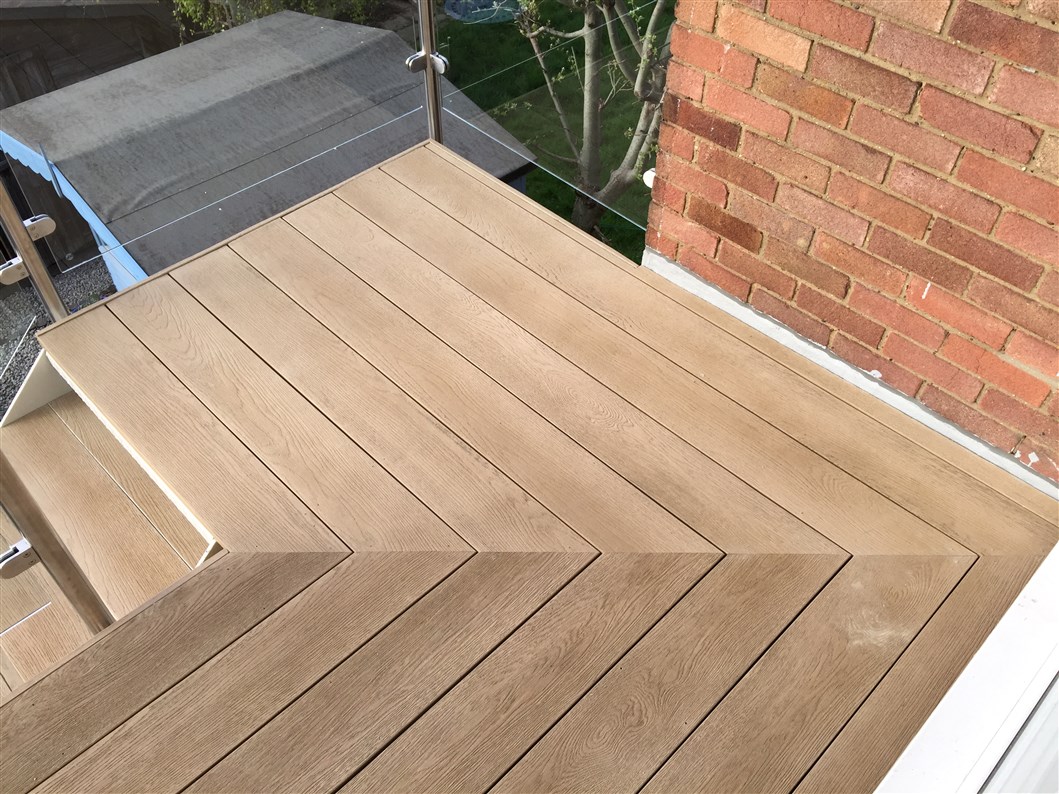
Millboard comes with fixtures and fittings that could rust even though they are sealed. Composite decking does not come with any visible fixtures or fittings which means you’re less likely to injure yourself on them. Sealed fixtures and fittings may become loose after a number of years, particularly if the decking is used every day. Moss and mould may grow in the gaps between the screws, sealant and millboard making it slippery and less attractive than it once was.
Slip-resistant
Composite decking has been manufactured to ensure that is as slip-resistant as possible. While it is impossible to ensure that any product is completely slip-resistant, you’re likely to have very few issues with composite decking, if any at all. This means that no matter what the weather is doing you should not have any issues walking on your decking.
Millboard typically comes with a coating that ensures is very slip-resistant, however, after a while, the coating can wear away. This means that after a few years your millboard decking may be a little more slippery, which is a concern when it’s wet.
Rot
It is highly unlikely that composite decking will rot. This is because it’s made of recycled wood and plastic along with some bonding agents. Composite decking can last more than 25 years in some cases without rotting in the slightest. Millboard decking may be just as rot-resistant as composite decking, so there is no clear ‘Winner’ as far as rot is concerned.
Environmental Issues
Millboard is made from polyurethane resin which has been reinforced with some mineral fibres. Millboard can have an impact on the environment even though it is a low-carbon product. Composite decking is made from a mixture of recycled plastic and wood that typically comes from household waste. It is this that ensures composite decking is a lot more environmentally friendly than many other alternatives. If you would like to reduce your carbon footprint and have less of an impact on the environment you may wish to consider using composite decking in your garden.
If you would like your new decking to have a very realistic finish and be less susceptible to expansion and contraction you may want to use composite decking. If you would like decking that does not fade very much and comes with no obvious screws, composite decking is the winner here. Slip-resistant and resistant to rot, composite decking seems to have it all and it’s great for the environment too. If you want the best for your garden, choose composite decking, it just makes sense.

